Nigeria has laid to rest former President Muhammadu Buhari, who passed away at the age of 82 in a London hospital following a protracted illness. The late statesman received full state honours, with a military parade and a 21-gun salute preceding his burial in Daura, Katsina State—his hometown in northern Nigeria.
Thousands of mourners, including supporters who climbed trees to get a glimpse of the proceedings, gathered to bid an emotional farewell. Chants of “Sai Baba” filled the air as Buhari’s flag-draped coffin was transported from Katsina Airport to Daura, an 80-kilometre journey. President Bola Tinubu, along with top government officials and military personnel, was on ground to receive the remains and participate in the solemn occasion.
President Tinubu declared a seven-day national mourning period and a public holiday in honour of Buhari’s service to the nation. The burial marks the end of a significant chapter in Nigerian politics.
A Life of Military and Civil Leadership
Buhari’s journey in Nigerian public life spanned over four decades. He first assumed national leadership as a military head of state following a coup in 1983. After being ousted less than two years later, he returned to the political scene as a civilian and won the 2015 presidential election, defeating incumbent Goodluck Jonathan. He served two full terms before leaving office in 2023.
Widely regarded as a disciplined and incorruptible figure, Buhari campaigned on promises of anti-corruption, security reform, and economic revitalisation. His iconic declaration, “I belong to everybody and I belong to nobody,” became a symbol of his attempt to rise above Nigeria’s deep political divides.
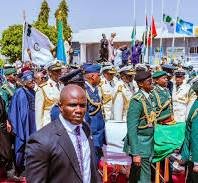
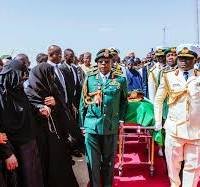
Legacy of Mixed Achievements and Challenges
While Buhari’s administration was praised for advancements in infrastructure and a robust anti-corruption drive, it was also criticised for its handling of the economy and rising insecurity. Nigeria experienced two recessions during his tenure, in part due to controversial monetary policies, including a rigid stance on currency exchange rates.
Despite ambitious pledges to end the Boko Haram insurgency and restore national security, armed violence continued to spread across the country, involving bandits, separatist movements, and militant groups.
Yet in northern Nigeria and among loyal supporters, Buhari remained a figure of integrity. His modest personal lifestyle and refusal to exploit public office for personal gain earned him enduring respect.
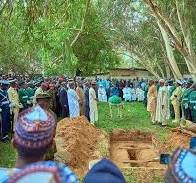
National and International Reactions
Tributes have continued to pour in following Buhari’s death. Speaking from London, Alexis Akwagyiram, Managing Editor at Semafor Africa and longtime observer of Nigerian politics, described Buhari as a transformative figure, particularly for achieving the historic feat of becoming the first opposition candidate to win a presidential election in Nigeria.
“He will be remembered favourably for breaking that barrier,” Akwagyiram noted. “But his economic management was deeply flawed, and his administration failed to bring about the reforms many hoped for.”
Nonetheless, Akwagyiram acknowledged that Buhari’s legacy as a leader widely seen as honest and uncorrupted stands out in Nigeria’s complex political landscape. “He didn’t try to enrich himself. That’s something history will look on favourably.”
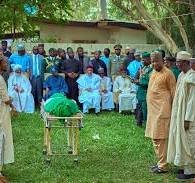
Final Farewell of Muhammadu Buhari in Daura
As Buhari’s casket was lowered into the earth at his Daura residence, emotions ran high. Many wept openly, while others offered prayers and tributes. The moment marked not only the end of a political era but also the passing of a man who shaped Nigeria’s trajectory in both military and civilian capacities.
Buhari leaves behind a nation still grappling with many of the issues he pledged to resolve, but also a legacy of principled leadership that will be debated, studied, and remembered for years to come.


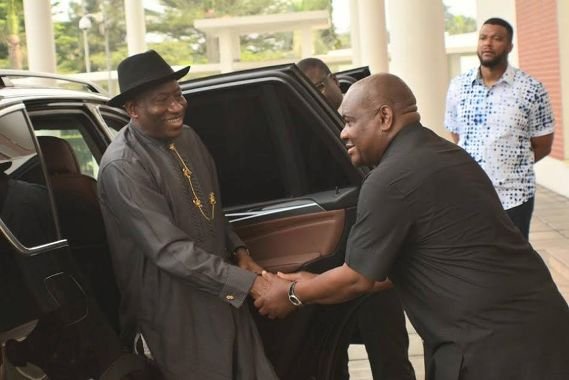
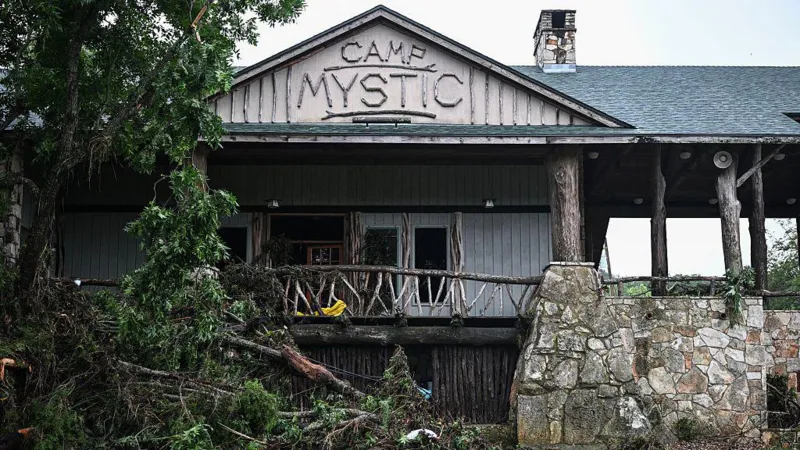

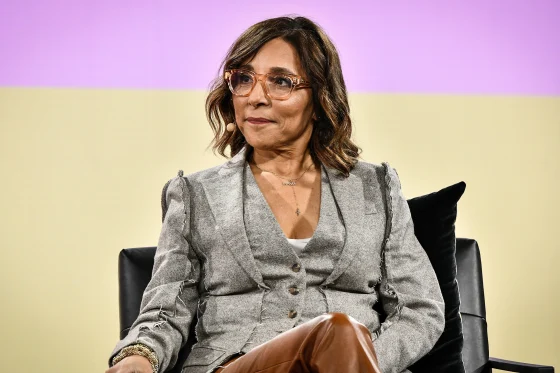


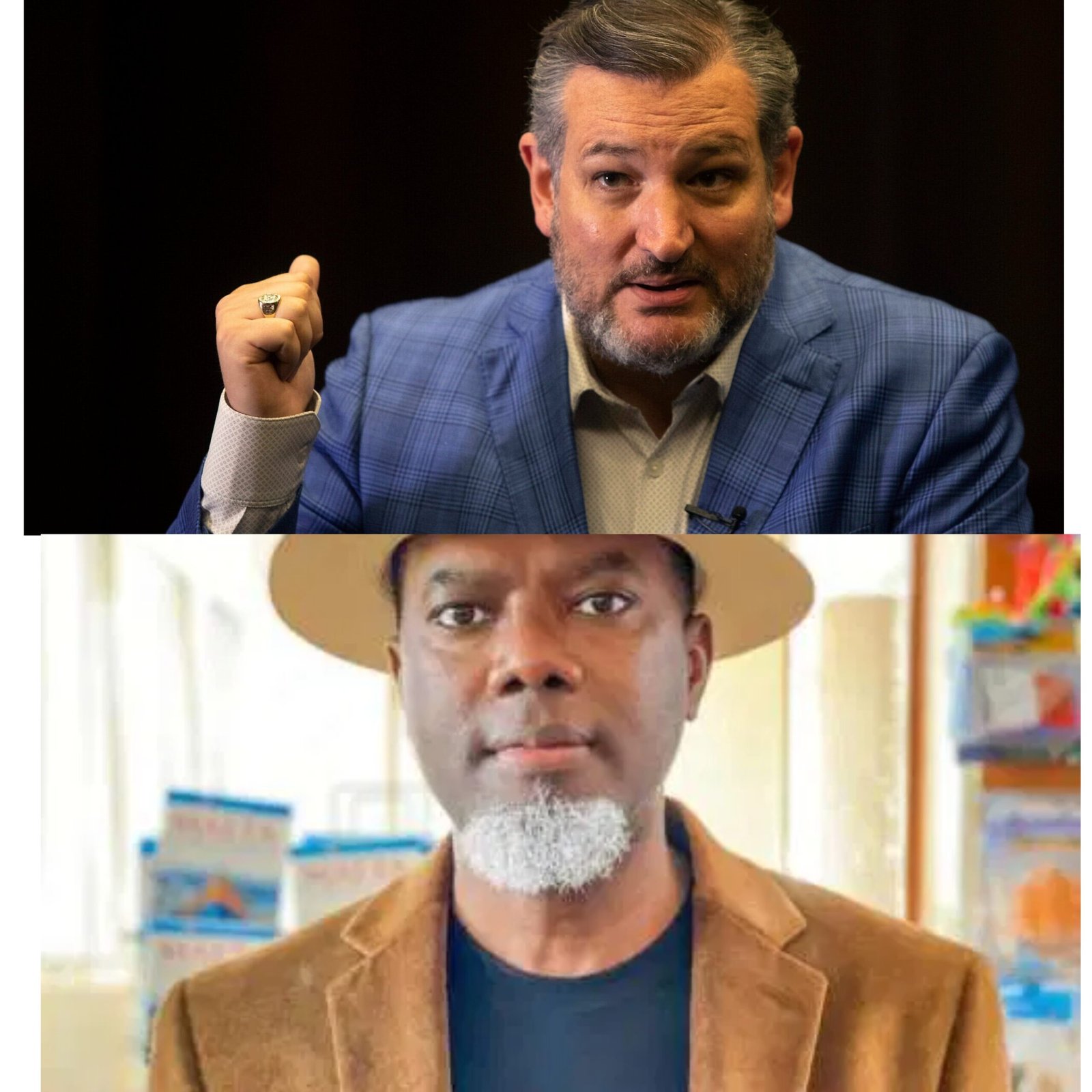
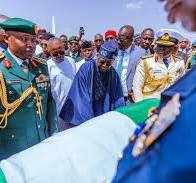
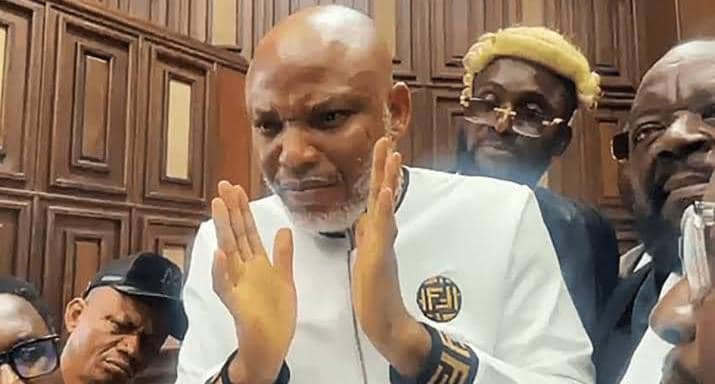

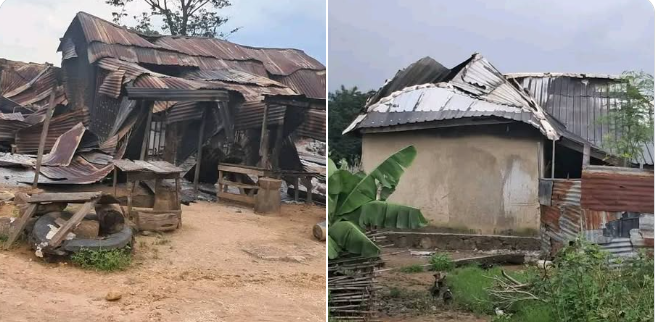
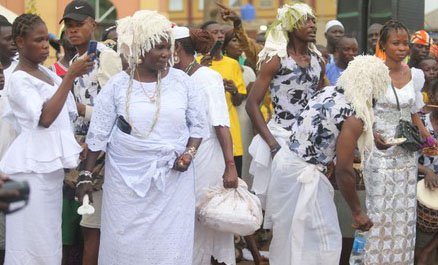



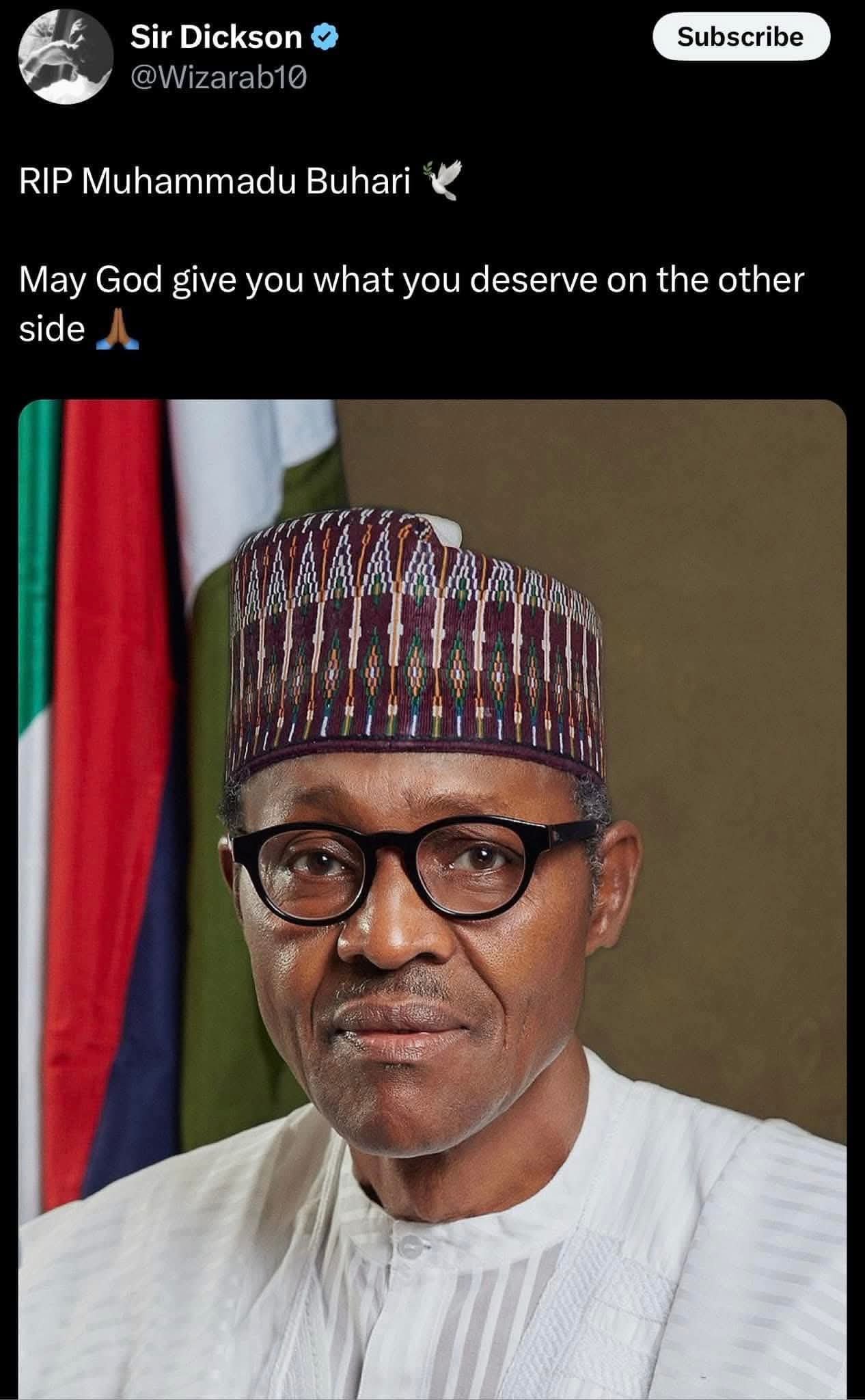

Comment on “Nigeria Pays Final Tribute to Former President Muhammadu Buhari in State Burial Ceremony”